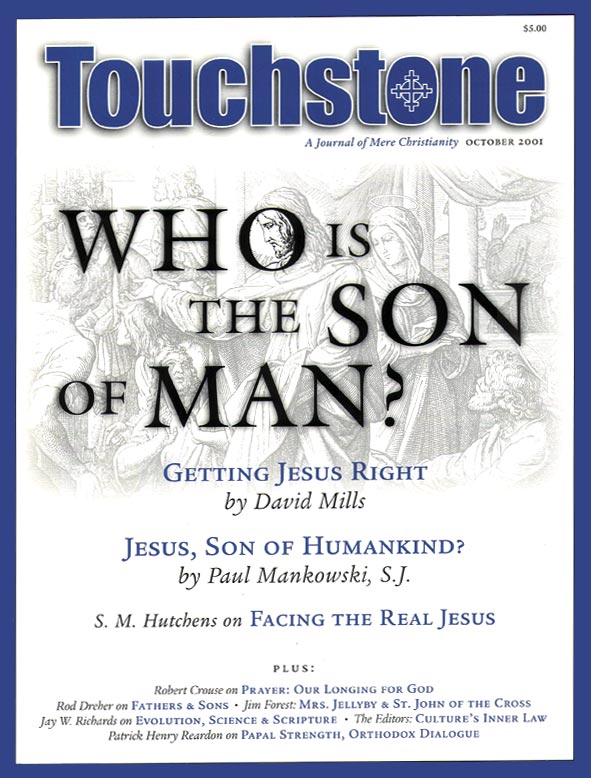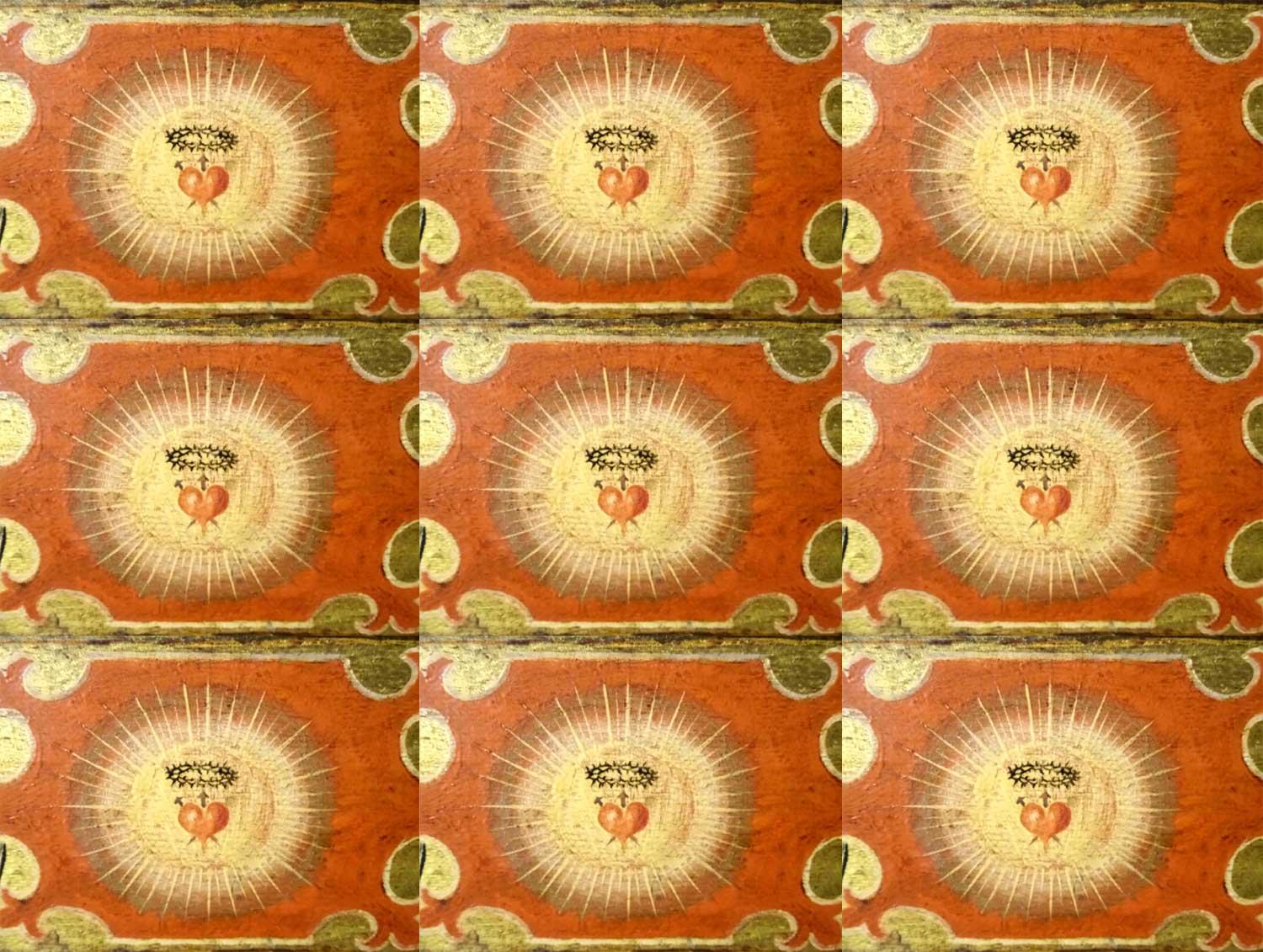The Cities of Refuge
It is likely that most people today, if they are at all familiar with the notion of political or judicial “sanctuary,” owe that familiarity to a literary source, such as Victor Hugo’s The Hunchback of Notre Dame. Indeed, the notion is central to Hugo’s imagery and essential to his plot.
The institution of political and judicial sanctuary, however, goes back much further than the period treated by Hugo. Though differing widely among themselves in their particular applications of it, many peoples of antiquity embraced some form of this institution, establishing certain of their religious shrines as politically or judicially “off-limits,” exempt from the usual application of vindictive justice. They were places where the accused could flee for refuge. Among the Syrians, Phoenicians, Greeks, and Romans, there were numerous consecrated precincts, to which could come all manner of folk being hunted down: the debtor, the indicted, the fugitive slave, and so on. Thus, early in Israel’s monarchy and before the construction of the Temple, some Israelites considered the Lord’s altar in Jerusalem as such a haven (cf. 1 Kings 1:50–53; 2:28–34).
Israel also knew another and older form of this institution, the established “cities of refuge,” six priestly or Levitical cities designated to serve as asylums for those guilty of unintentional homicide (cf. Exodus 21:12–14; Numbers 35:9–34; Deuteronomy 19:1–13; Joshua 20:1–9). These cities afforded safety for those individuals hotly pursued by someone that the Bible calls the go’el haddam, “the avenger of blood.”
These cities served two discrete purposes: first, to guarantee that no retributive action would be taken against an accused killer until a fair trial could determine whether or not his offense was intentional; and second, to provide a haven for such a one, after the trial, against those still disposed to take vengeance on him anyway. In both cases, the function of the “city of refuge” was to place rational and political restraints on the exercise of revenge.
While the more obvious category involved in the institution of sanctuary is spatial (that is, the setting apart of a measured precinct), it has another dimension that might be called “temporal” (that is, the setting apart of a measured time). The institution implies an “until.” Thus, the accused could not be harmed until he was properly tried (Numbers 35:12). Granted further asylum by that trial, he was safe until the death of the high priest (Joshua 20:6). In regard to the heat of avenging passion, the biblical text shows here a conspicuous respect for the therapeutic influence of time. It recognizes that time is not on the side of passion but of reason.
These “cities of refuge,” beyond the political and judicial significance conveyed in their literal and historical sense, are also possessed of a moral and ascetical meaning. As institutions of restraint, they represent a healthy distrust of impetuosity. They stand for the rational mind’s control over the passions, especially an avenging anger that feels itself to be righteous. This institution embodies the truth that “the wrath of man does not produce the righteousness of God” (James 1:20).
Experience indicates that the passions, if not deliberately fueled and stoked, are marked by a native entropy. They resemble, in this respect, the flames often used to describe them. Left to themselves, the passions tend to diminish over time. Thus, wrath must act quickly, as it were, because it knows that its time is short (Revelation 12:12). Generally speaking, time is no friend to the passions.
Time is on the side, rather, of reason. Reason, therefore, unlike the passions, knows how to wait. Reason is the realm of thought, and thought, unlike passion, requires the discipline of time. Consequently, properly cultivated reason is “slow to anger” (Proverbs 16:32; James 1:19).
Furthermore, reason is a bulwark of assured self-possession. Indeed, reason is slow precisely because it is confident. Reason can “take its time,” because, unlike the passions, reason deliberately invests in time. Time is one of reason’s most interest-bearing endowments, its long-term investment. The true “city of refuge,” then, is the mind godly cultivated in the art of patience, cautious of the impromptu, wary of impulse, and suspicious of “quick returns.” Its manner is slow, deliberate. As a result, no blood is shed within its precincts; the avenger is restrained and sternly reprimanded at its gates.
Patrick Henry Reardon is pastor emeritus of All Saints Antiochian Orthodox Church in Chicago, Illinois, and the author of numerous books, including, most recently, Out of Step with God: Orthodox Christian Reflections on the Book of Numbers (Ancient Faith Publishing, 2019).
subscription options
Order
Print/Online Subscription

Get six issues (one year) of Touchstone PLUS full online access including pdf downloads for only $39.95. That's only $3.34 per month!
Order
Online Only
Subscription

Get a one-year full-access subscription to the Touchstone online archives for only $19.95. That's only $1.66 per month!
bulk subscriptions
Order Touchstone subscriptions in bulk and save $10 per sub! Each subscription includes 6 issues of Touchstone plus full online access to touchstonemag.com—including archives, videos, and pdf downloads of recent issues for only $29.95 each! Great for churches or study groups.
Transactions will be processed on a secure server.
more from the online archives
calling all readers
Please Donate
"There are magazines worth reading but few worth saving . . . Touchstone is just such a magazine."
—Alice von Hildebrand
"Here we do not concede one square millimeter of territory to falsehood, folly, contemporary sentimentality, or fashion. We speak the truth, and let God be our judge. . . . Touchstone is the one committedly Christian conservative journal."
—Anthony Esolen, Touchstone senior editor










